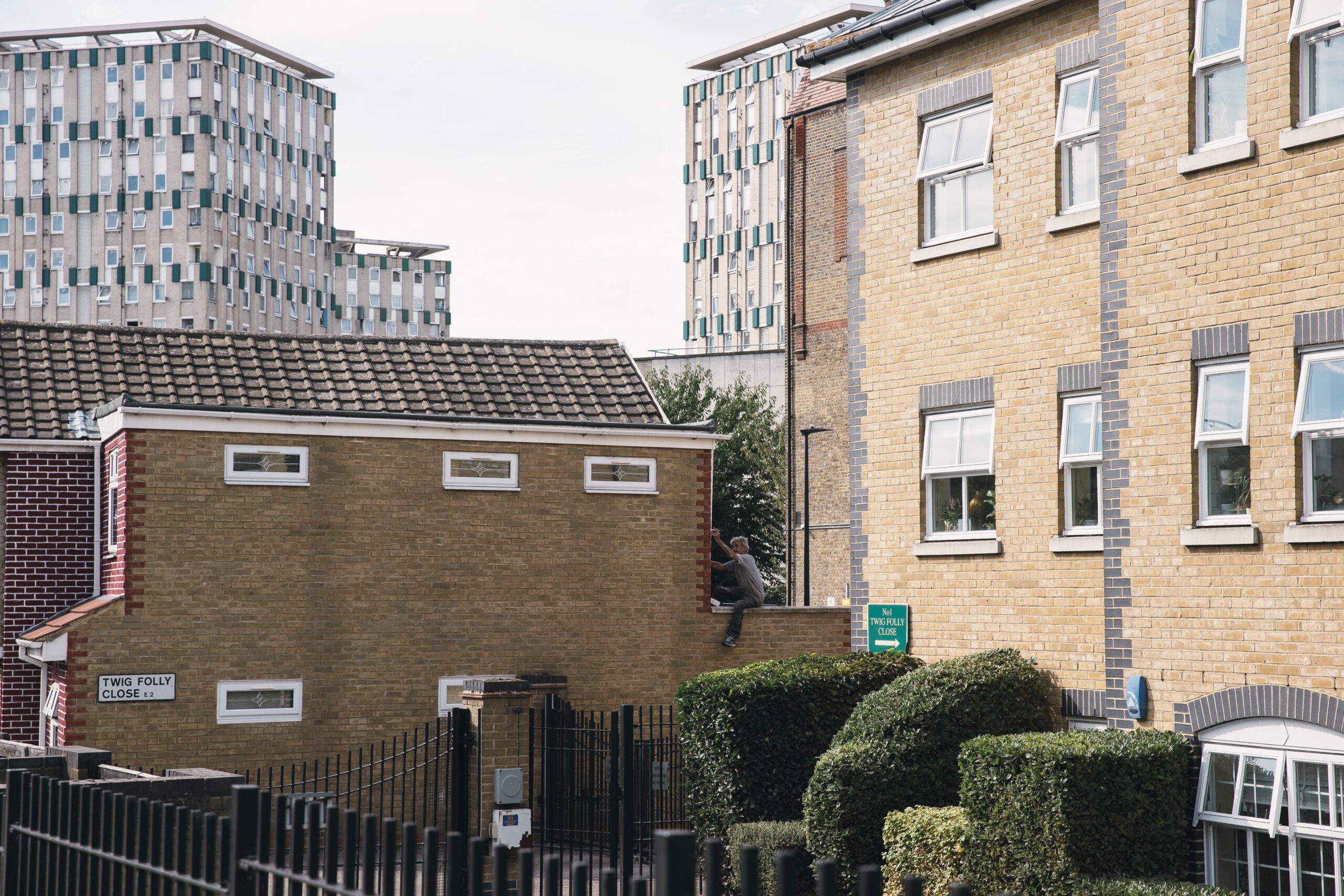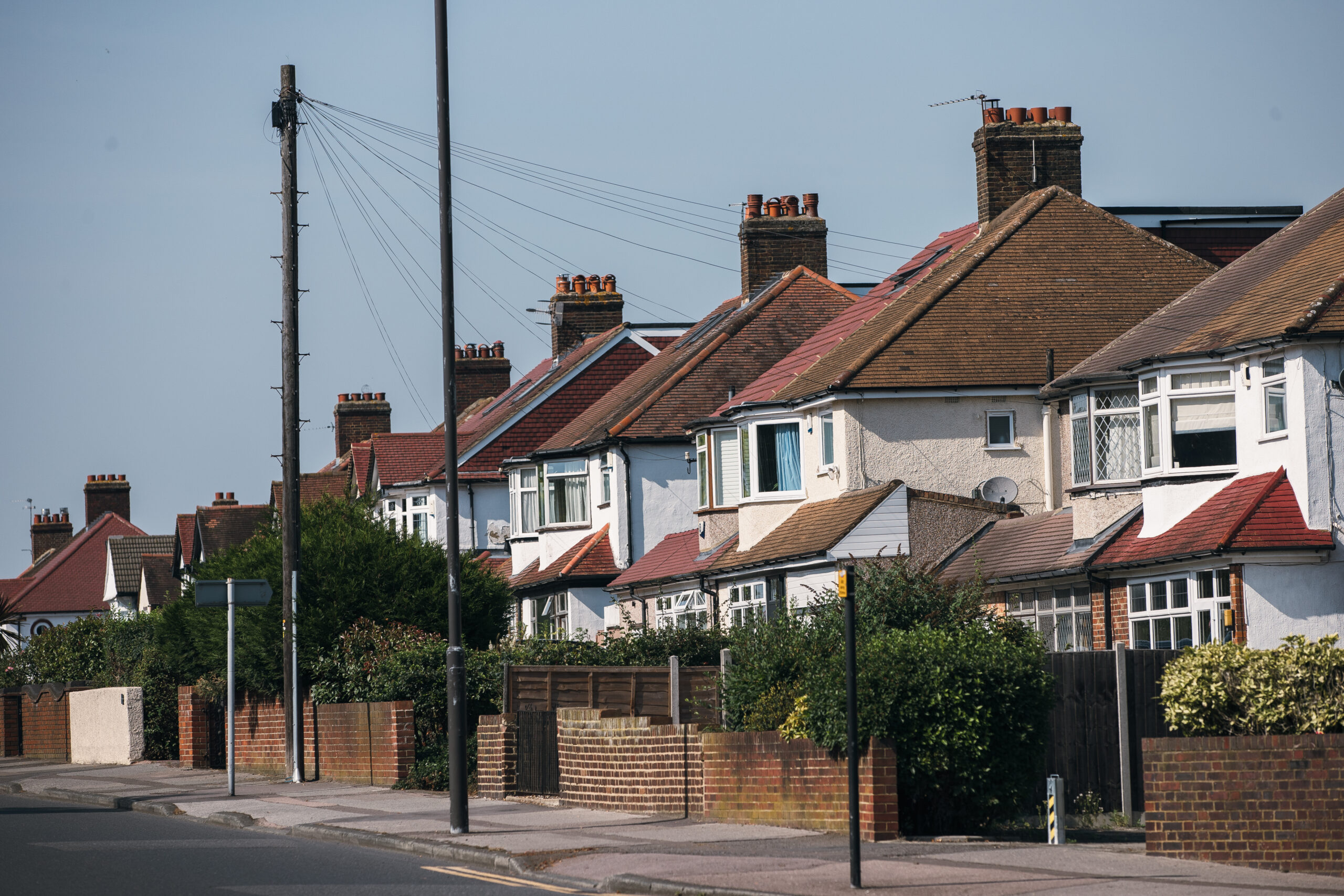Health Equals supports call for target to tackle health inequalities
The Times Health Commission was set up in January 2023, to consider the future of health in the light of the COVID-19 pandemic, the opportunities presented by new technology, the ageing population, workforce pressures, an obesity crisis and growing health inequalities.
Of the Commission’s resulting ’10-point plan for health’, Health Equals members support its recommendation to establish a Healthy Lives Committee, empowered by a legally binding commitment to increase healthy life expectancy by five years in a decade – echoing our call for a legally binding target that would commit parties to reducing health inequalities.
Read our letter to the Editor below and find out more about what we’re calling for.
Sir,
Our organisations work to create the building blocks for good health – from affordable homes, to stable jobs, clean air, neighbourhoods with green space, and social connections. We have come together in the coalition Health Equals to campaign for a new Bill of Health. We welcome The Times Health Commission’s focus on the growing challenge facing the UK when it comes to life expectancy, and we support your call on all parties to commit to reducing health inequalities as a legally binding target in their manifestos at the next election.
Britain saw average life expectancy increase from just 46 in the early 1900s to around 80 years by 2011. These improvements stalled in the 2010s and went backwards in the pandemic. Inequalities in health have been entrenched and exacerbated. The gap between places with the highest and lowest life expectancy was 7.4 years in 2017–19 and it grew to 8.7 years in 2020–22 (new analysis by The Health Foundation of ONS data). More deprived areas, and those in the north, tend to have the shortest life expectancy. The same places also suffer higher rates of long-term sickness. Such wide geographic inequalities in health hold back prosperity and cut lives short.
Signed
1. Paul McDonald, Chief Campaigns Officer, Health Equals
2. Jo Bibby, Director of Health, Health Foundation
3. Will Snell, Chief Executive, Fairness Foundation
4. Andy Bell, Chief Executive, Centre for Mental Health
5. Jabeer Butt OBE, Chief Executive, Race Equality Foundation
6. Joan Edwards OBE, Director Policy and Public Affairs, Wildlife Trusts
7. William Roberts, Chief Executive, Royal Society for Public Health
8. Larissa Lockwood, Director of Clean Air, Global Action Plan
9. Tony Wilson, Director, Institute for Employment Studies
10. Anna Taylor, Executive Director, Food Foundation
11. Naomi Phillips, Deputy Chief Executive, Learning and Work Institute
12. Frank Soodeen, Director of Communications and Public Engagement, Joseph Rowntree Foundation
13. Osama Bhutta, Director of Communications, Policy & Campaigns, Shelter
14. Jennifer Walters, Executive Director of Social Change, Mind
15. Sal Copley, Executive Director of Communications and External Affairs, British Red Cross
16. John Hume, Chief Executive, People’s Health Trust
17. Chris Thomas, Head of the Commission on Health and Prosperity, IPPR
18. Duncan Shrubsole, Director of Policy, Communications and Research, Lloyds Bank Foundation for England and Wales
19. Dan Corry, Chief Executive, New Philanthropy Capital
20. Thomas Abrams, Co-Head of Health, ShareAction
For more information, you can find out more about the Commission and read the full report, Times Health Commission: a report into the state of health and social care, with section 9 on health inequalities.
Originally posted in Letters to the Editor on The Times website.



